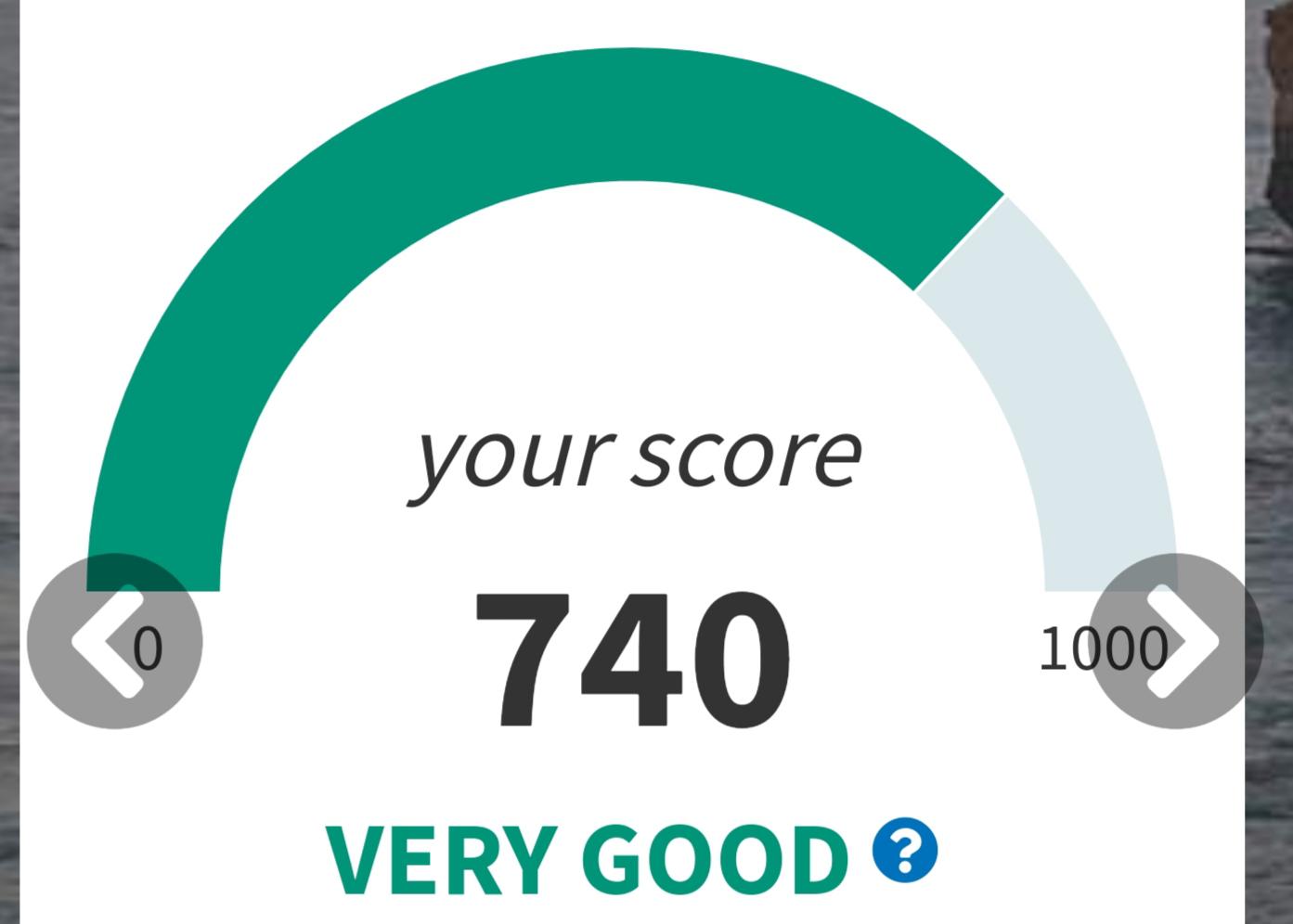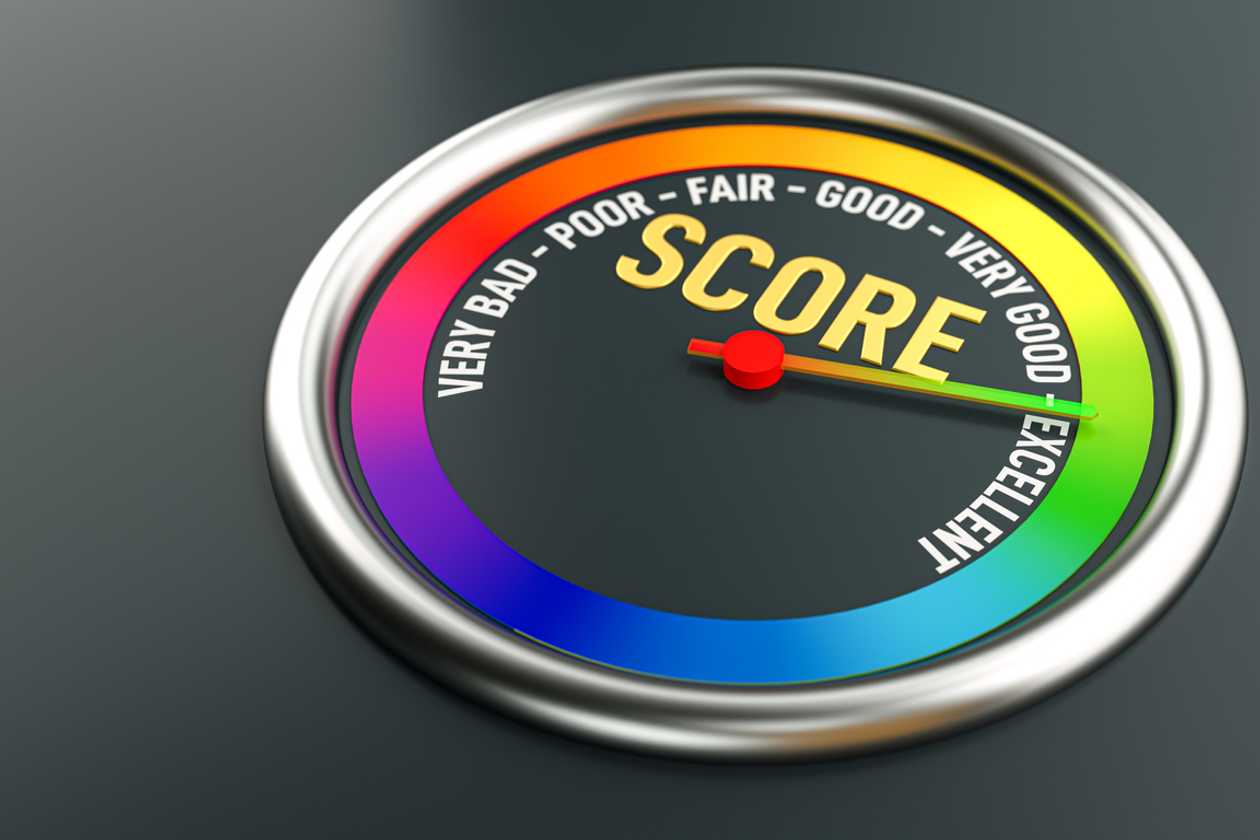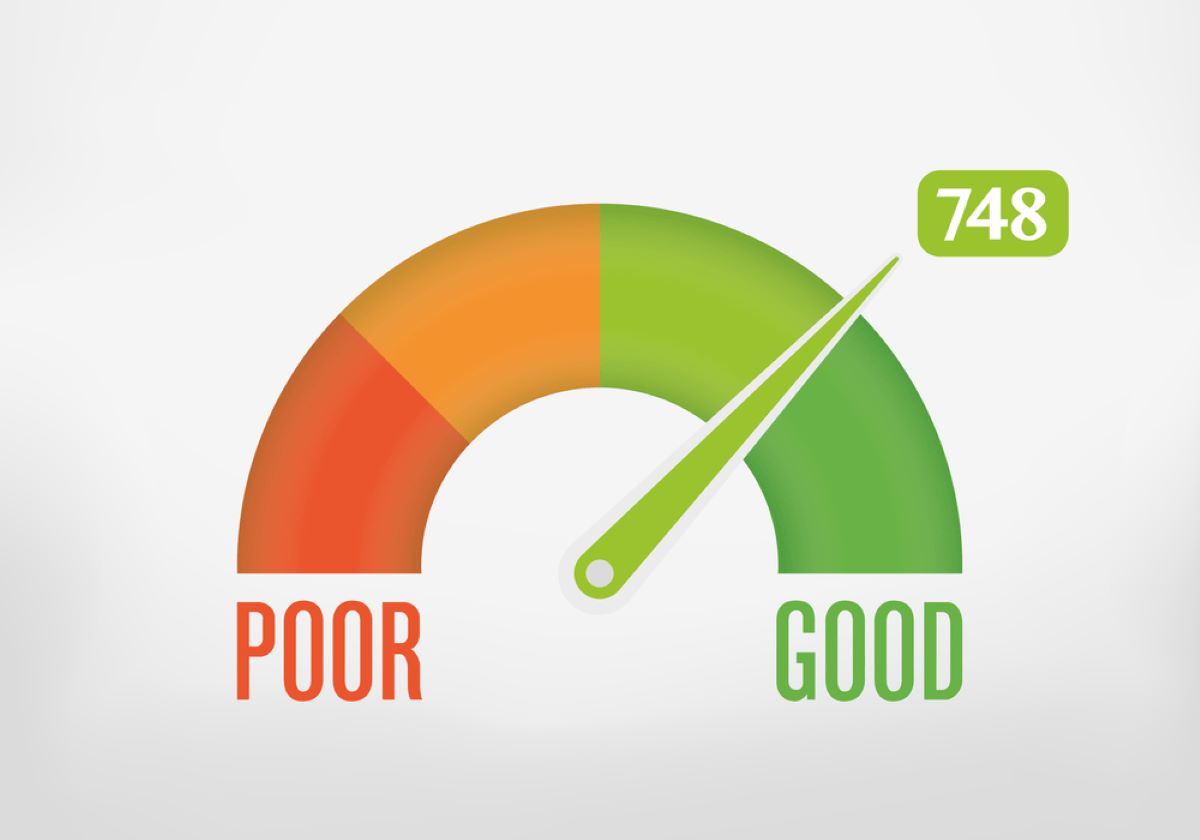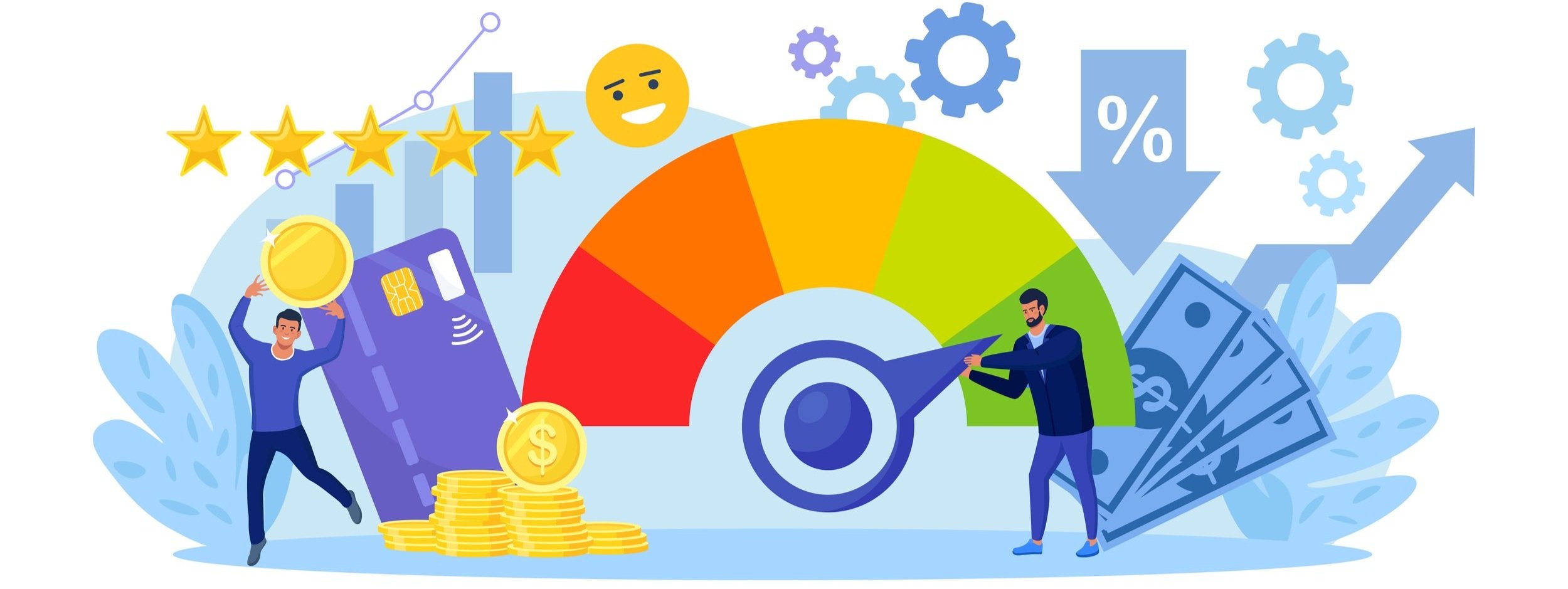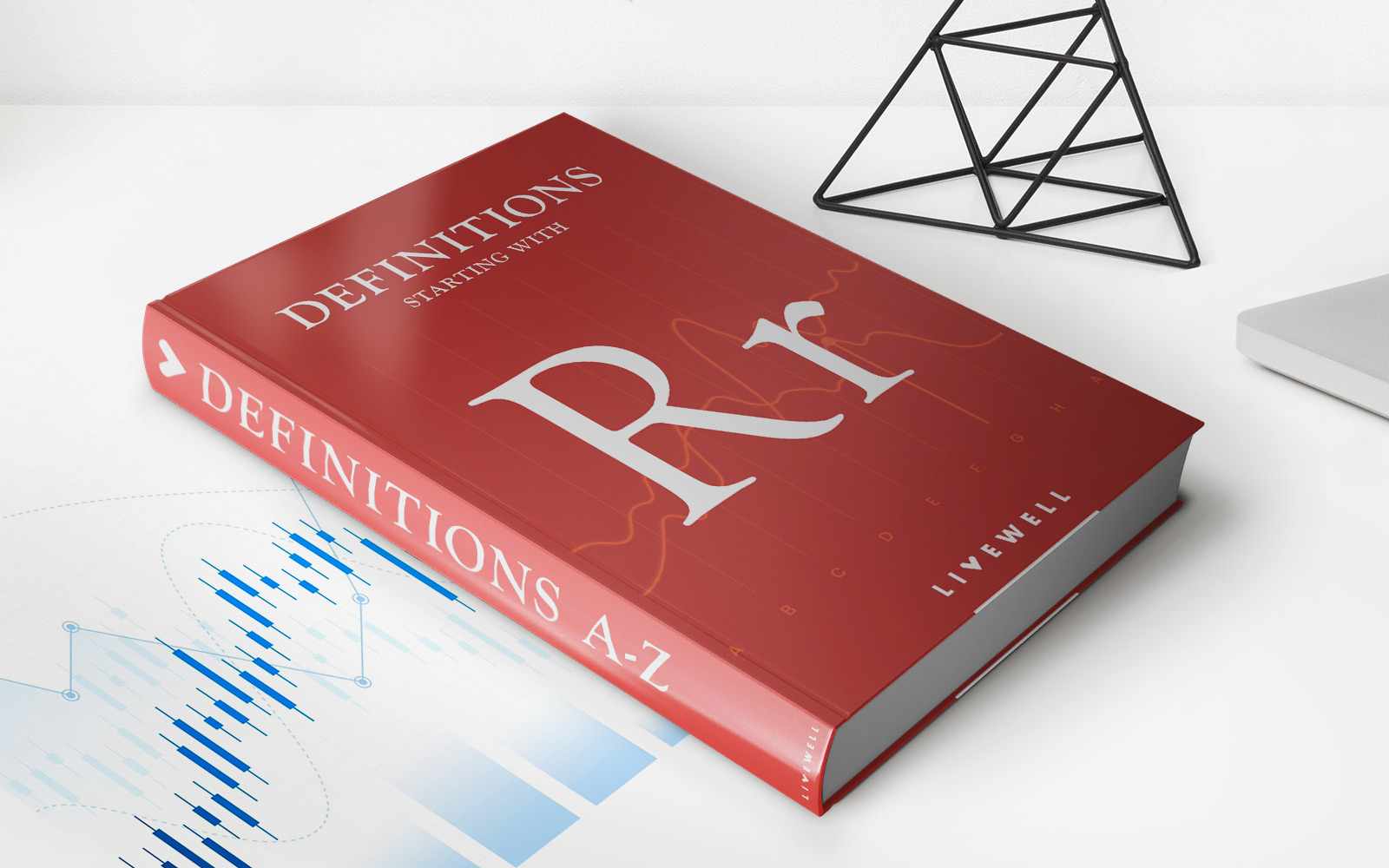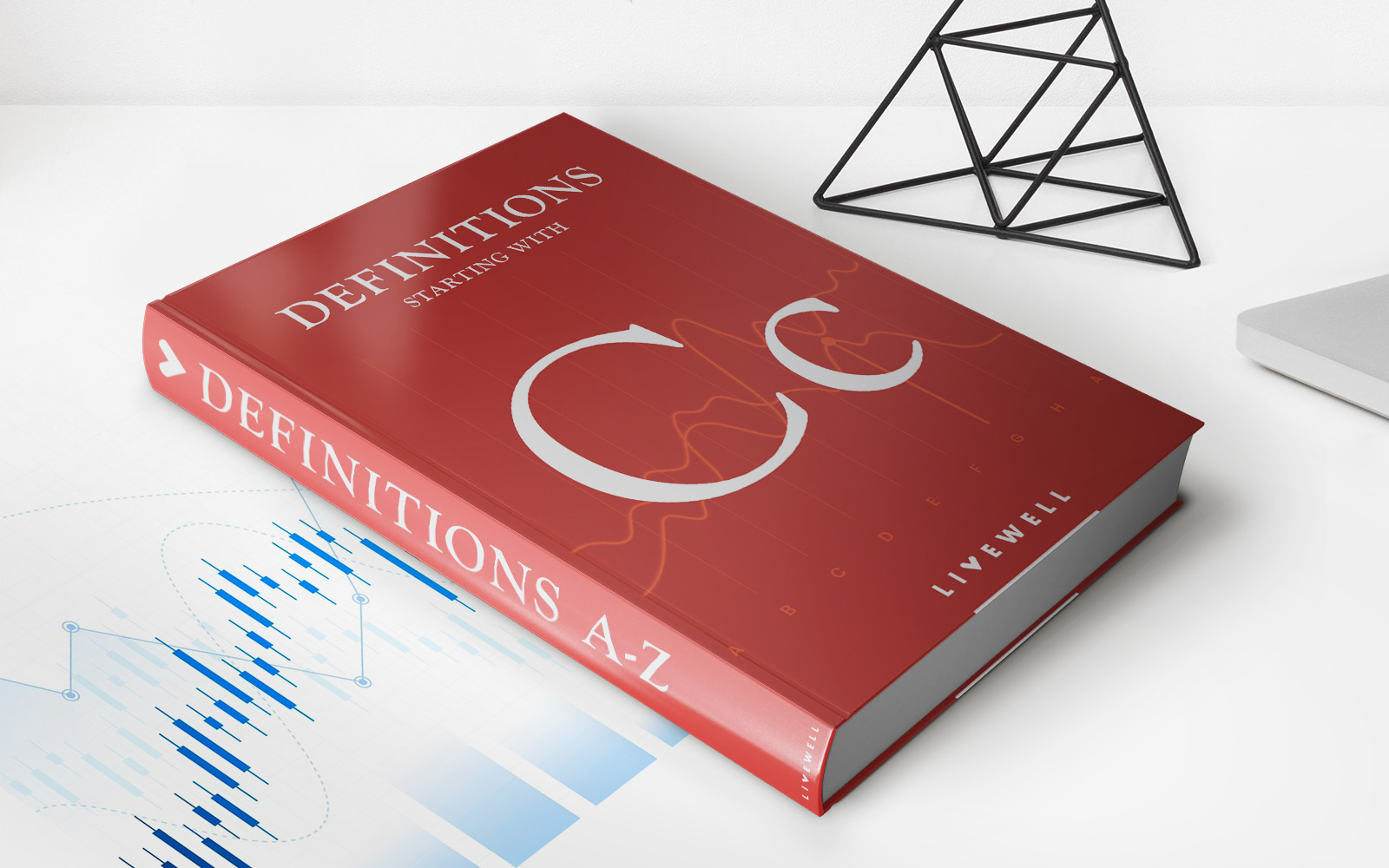

Finance
What Is A 615 Credit Score
Modified: March 10, 2024
Learn what a 615 credit score means for your financial well-being and how it can impact your ability to secure loans and credit. Understand the importance of managing your finances to improve your credit score.
(Many of the links in this article redirect to a specific reviewed product. Your purchase of these products through affiliate links helps to generate commission for LiveWell, at no extra cost. Learn more)
Table of Contents
Introduction
When it comes to managing your finances, your credit score plays a crucial role. A credit score is a numerical value that represents your creditworthiness and indicates the likelihood that you will repay your debts on time. It is a significant factor that lenders consider when evaluating loan applications.
One particular credit score that falls within the mid-range spectrum is the 615 credit score. This score can have a significant impact on your financial life, influencing your ability to secure favorable interest rates on loans, qualify for certain credit cards, or even rent an apartment. Understanding what a 615 credit score entails is essential for making informed financial decisions and working towards improving your creditworthiness.
In this article, we will delve into the details of a 615 credit score, including what it means, the factors influencing it, and how to improve it. Whether you currently have a 615 credit score or are aiming to maintain a good credit standing, this article will provide you with valuable insights and tips.
What is a Credit Score?
A credit score is a three-digit number that represents your creditworthiness and is used by lenders to assess your ability to repay borrowed funds. It is a key factor in determining whether you qualify for loans, credit cards, mortgages, or other financial products. Credit scores are typically generated by credit reporting agencies based on your credit history and payment behavior.
There are several credit scoring models in use, but one of the most common is the FICO score. The FICO score ranges from 300 to 850, with higher scores indicating better creditworthiness. Other scoring models, such as VantageScore, use a range of 300 to 850 as well.
Key factors that contribute to your credit score include:
- Payment History: This is the most significant factor in determining your credit score. It reflects whether you have made payments on time or have a history of late payments or delinquencies.
- Credit Utilization: This is the ratio of your outstanding credit balance to your available credit. Maintaining a low credit utilization ratio demonstrates responsible credit management.
- Length of Credit History: The length of time you have held credit accounts impacts your credit score. Generally, a longer credit history is more favorable.
- New Credit Applications: Applying for multiple new credit accounts within a short period can negatively impact your credit score, as it suggests increased financial risk.
- Credit Mix: A diverse credit mix, including different types of credit accounts such as credit cards, loans, and mortgages, can positively influence your credit score.
It is important to note that each credit reporting agency may have slightly different scoring models and criteria for evaluating credit scores. Additionally, your credit score can fluctuate over time based on your financial activity and changes in your credit history.
Understanding your credit score and the factors that contribute to it is crucial for managing your finances effectively and achieving a good credit standing.
Understanding the 615 Credit Score
A 615 credit score falls within the range of fair to average credit. While it is not considered excellent, it is also not categorized as poor credit. With a 615 credit score, you may still have access to certain credit options, but you may face higher interest rates, stricter eligibility criteria, or limited credit limits.
Here’s a breakdown of what a 615 credit score might mean:
- Limited Credit Opportunities: With a 615 credit score, you may find it more challenging to qualify for certain loans, credit cards, or other credit products. Lenders may view you as a slightly higher risk borrower and may require additional documentation or collateral.
- Higher Interest Rates: When you are approved for credit with a 615 credit score, you may be offered less favorable interest rates. This is because lenders see you as a moderate credit risk, and higher interest rates help offset that risk.
- Difficulty Renting or Leasing: Some landlords and leasing agencies may perform credit checks before approving rental applications. With a 615 credit score, you may encounter challenges when applying for a rental property, as landlords may be cautious about leasing to individuals with a history of credit challenges.
- Possible Fees and Requirements: Financial institutions or credit card companies may require a higher security deposit or impose fees to compensate for the slightly increased risk associated with a 615 credit score.
- Improvement Potential: While a 615 credit score may not be ideal, it is a position from which you can aim to improve your creditworthiness. By implementing positive financial habits and responsible credit management, you can gradually increase your credit score over time.
It is essential to remember that a credit score is not permanently fixed. Your creditworthiness can improve or decline based on your financial behavior, so it’s important to take steps to improve your credit score if you want to access better credit opportunities in the future.
Factors Affecting a 615 Credit Score
A 615 credit score is influenced by various factors that reflect your credit history and financial behavior. Understanding these factors can help you identify areas where you can make improvements to boost your credit score. Here are some common factors that may affect a 615 credit score:
- Payment History: Your payment history plays a significant role in determining your credit score. Late payments, defaulted accounts, or accounts sent to collections can have a significant negative impact on your score.
- Credit Utilization: Credit utilization refers to the amount of credit you are currently using compared to your total available credit. Higher credit utilization ratios can negatively affect your credit score. It is advisable to keep your credit utilization below 30% to maintain a healthy credit score.
- Length of Credit History: The length of your credit history is an essential factor in determining your credit score. A longer credit history demonstrates your ability to manage credit responsibly. If you have a shorter credit history, it may limit your credit score’s potential.
- New Credit Applications: Applying for multiple new credit accounts within a short period can indicate a higher level of risk and may negatively impact your credit score. Each credit inquiry can cause a small, temporary decrease in your score.
- Credit Mix: Having a mix of different types of credit, such as credit cards, loans, and mortgages, can positively contribute to your credit score. However, it is essential to manage these accounts responsibly.
- Negative Marks: Negative marks on your credit report, such as bankruptcies, foreclosures, or tax liens, can have a severe impact on your credit score. These marks can remain on your report for several years.
It is important to note that the weight of each factor may vary depending on individual credit reporting agencies and their scoring models. However, focusing on improving these key factors can help you gradually raise your credit score.
Keep in mind that improving your credit score requires time and consistent positive financial habits. By making timely payments, reducing your credit utilization, and maintaining a healthy credit mix, you can work towards achieving a higher credit score over time.
Pros and Cons of a 615 Credit Score
Having a 615 credit score comes with its own set of advantages and disadvantages. Understanding these pros and cons can help you make informed financial decisions and work towards improving your creditworthiness. Let’s explore the potential benefits and drawbacks of a 615 credit score:
Pros:
- Access to Credit: While a 615 credit score may not be considered excellent, it still provides you with access to some credit options. You may qualify for certain loans or credit cards, albeit with higher interest rates or stricter terms.
- Opportunity for Improvement: A 615 credit score serves as an opportunity for improvement. With consistent efforts to manage your credit responsibly and make positive financial choices, you can gradually raise your credit score over time.
- Building Credit History: By responsibly using credit and making timely payments, you can continue to build a positive credit history. Establishing a solid credit history is essential for future financial endeavors, such as obtaining a mortgage or financing a vehicle.
- Learning Financial Responsibility: A lower credit score can serve as a lesson in financial responsibility. It encourages you to focus on improving credit habits, managing debts effectively, and making wise financial decisions.
Cons:
- Limited Credit Options: With a 615 credit score, you may face limitations when it comes to accessing credit. Lenders may offer higher interest rates, lower credit limits, or impose stricter eligibility criteria to mitigate the perceived risk associated with your credit score.
- Higher Interest Rates: A lower credit score often translates into higher interest rates on loans and credit cards. This can result in higher borrowing costs and more significant financial burdens over time.
- Difficulty in Renting or Leasing: Some landlords and leasing agencies utilize credit checks as part of the application process. With a 615 credit score, you may encounter difficulties when attempting to rent or lease a property, as landlords may perceive you as a higher financial risk.
- Potential Fees or Requirements: Financial institutions and credit card companies may require a higher security deposit or impose additional fees due to the perceived risk associated with a lower credit score.
While a 615 credit score may present challenges, it is essential to maintain a positive outlook and focus on improving your financial standing. With proactive steps to manage your credit effectively and make positive financial choices, you can work towards achieving a higher credit score and enjoying the associated benefits.
How to Improve a 615 Credit Score
If you have a 615 credit score, you may be wondering how to improve it and enhance your creditworthiness. While raising your credit score takes time and effort, it is entirely achievable with consistent financial habits and strategic actions. Here are some effective strategies to help improve your credit score:
- Make Timely Payments: Payment history is a critical factor in determining your credit score. Ensure that you make all your payments on time, including credit cards, loans, and other bills. Consider setting up automatic payments or payment reminders to help you stay on track.
- Reduce Credit Utilization: Aim to keep your credit utilization ratio below 30%. Pay down existing debts to decrease your credit balances and improve your credit utilization. Avoid maxing out your credit cards or relying heavily on available credit.
- Manage Credit Accounts: Keep your credit accounts open, especially the ones with a positive payment history. Closing accounts abruptly can harm your credit score. However, be mindful of maintaining a healthy credit mix and only apply for new credit when necessary.
- Address Negative Marks: If you have past due accounts, collections, or other negative marks on your credit report, work towards resolving them. Contact creditors to discuss possible repayment options or negotiate settlements if needed.
- Monitor Your Credit Report: Regularly review your credit report for any errors or discrepancies that could be negatively impacting your credit score. Dispute any inaccuracies and work with the credit reporting agencies to have them corrected.
- Become an Authorized User: If you have a trusted family member or friend with a good credit history, consider becoming an authorized user on one of their credit cards. This can help you build positive credit history and improve your credit score.
- Seek Professional Help if Needed: If you are struggling with your credit or need guidance on improving your credit score, consider working with a reputable credit counseling agency. They can provide personalized advice and assistance.
- Patiently Maintain Good Financial Habits: Improving your credit score is a gradual process. Maintain good financial habits over time, such as paying bills on time, keeping credit balances low, and managing your debts responsibly.
Remember, improving your credit score requires time, patience, and consistent effort. Be proactive and take the necessary steps to enhance your creditworthiness. With dedication and responsible financial habits, you can gradually raise your credit score and open doors to better credit opportunities.
Frequently Asked Questions (FAQs) about a 615 Credit Score
Having a 615 credit score can raise various questions and concerns. To help address some common queries, here are answers to frequently asked questions about a 615 credit score:
1. Can I get approved for a loan or credit card with a 615 credit score?
While it is possible to get approved for a loan or credit card with a 615 credit score, it may come with higher interest rates or stricter eligibility criteria. Lenders may view you as a moderate credit risk, so it’s important to carefully review the terms and conditions before accepting any credit offers.
2. How long does it take to improve a 615 credit score?
Improving a 615 credit score takes time and consistent effort. By implementing positive financial habits, such as making timely payments and reducing credit utilization, you can gradually see improvements. However, it can take several months or even years to significantly raise your credit score.
3. Will my 615 credit score affect my ability to rent an apartment?
Some landlords might perform credit checks as part of the rental application process. With a 615 credit score, you may face challenges when applying for a rental property, as landlords may view you as a higher financial risk. They may require additional documents or request a larger security deposit.
4. Can I still qualify for a mortgage with a 615 credit score?
A 615 credit score may make it more challenging to qualify for a mortgage. Lenders typically prefer borrowers with higher credit scores for lower interest rates and better terms. However, it is essential to consult with mortgage lenders who can assess your specific financial situation and provide guidance on the available options.
5. Will improving my credit score from 615 to 700 make a significant difference?
Improving your credit score from 615 to 700 can make a noticeable difference in your creditworthiness. With a higher credit score, you may qualify for better interest rates, more favorable credit terms, and access to a wider range of credit options. It demonstrates that you are a lower credit risk and responsible borrower.
Remember, credit scores are only one aspect that lenders consider when evaluating loan applications. Other factors, such as income, employment history, and debt-to-income ratio, also play a role in the decision-making process.
If you have additional questions or concerns about your 615 credit score, it is advisable to consult with a financial professional who can provide personalized advice based on your specific circumstances.
Conclusion
A 615 credit score, falling within the fair to average credit range, has its own set of opportunities and challenges. While it may limit your access to certain credit options and come with higher interest rates, it is essential to remain proactive and work towards improving your creditworthiness.
Understanding the factors that affect your credit score, such as payment history, credit utilization, and credit mix, is key to making positive changes. By adopting responsible financial habits, such as making timely payments, reducing credit balances, and managing credit accounts wisely, you can gradually raise your credit score over time.
Though it may take some time, each step towards improving your credit score is a step towards a brighter financial future. Keep in mind that mistakes or financial setbacks can be overcome with patience and determination.
Remember to regularly monitor your credit report for any inaccuracies and seek professional guidance if needed. With consistent effort and wise financial choices, you can position yourself for better credit opportunities and enhance your overall financial well-being.
Keep in mind that a credit score is just one aspect of your financial profile, and building a strong financial foundation involves careful budgeting, responsible borrowing, and sound financial planning.
As you continue to work towards improving your credit score, remember that financial habits and behaviors play a crucial role. With perseverance and good financial management skills, you can achieve a higher credit score and enjoy the benefits of improved creditworthiness.
The journey to a better credit score begins today. Take control of your financial future, make informed decisions, and embrace positive changes that will improve your creditworthiness and open doors to new opportunities.
Disclaimer: This article is intended for informational purposes only and should not be considered as legal, financial, or professional advice. Each individual’s credit situation is unique, and it is advisable to consult with a qualified financial professional for personalized guidance.
